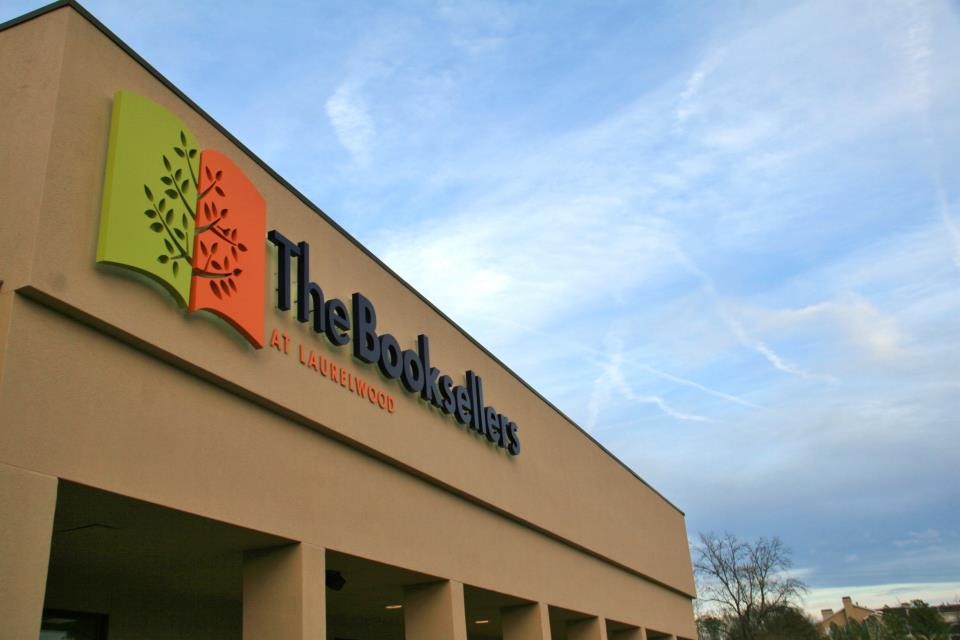Porcini mushroom ravioli from Michael Donahue on Vimeo.
Armando Gagliano’s path to becoming a chef
Armando Gagliano’s mother blindfolded him when he was five or six years old, but it wasn’t to play Blind Man’s Seek.
“She would blindfold me and give me different things to eat and taste, and I’d have to tell her what it was,” Gagliano says. “She’d even let me taste wine — just a little sip — and she’d ask, ‘What nuance of the wine do you see? What do you taste?’ She was training my palate. Not on purpose, but because she saw that I took an interest in food and flavors.”
Gagliano loved hanging out in the kitchen. “When my mom would be cooking when we were younger, I would be the only one in the kitchen just staring at her. Like ‘What are you doing? What is that?’ I guess she picked up on my interest.”
The tables have turned — literally. Now when Gagliano is in the kitchen cooking at Libro or Ecco on Overton Park, his mother, Sabine Bachmann, who owns both restaurants, often stands by asking similar questions.
Gagliano, 28, is executive chef of Libro, the restaurant in the new Novel bookstore in Laurelwood, and at Ecco.
Growing up, Gagliano was interested in architecture. He loved drawing, sketching, and painting. When he was 8 years old, he told his mother he wanted to own a restaurant named Silly Wolf’s. He remembers “drawing plans of the building. So, there was a little bit of the artistry, then some of the architecture, then the food, all in one deal. I was like, ‘I want to design my own kitchen and the front of the building, then the menu.'”
His first job was making sandwiches and pasta salad when he was 13 at his mom’s former restaurant, Fratelli’s. “It was long hours, but it was fun.”
Gagliano thought of becoming a nurse practitioner, but before the final day to register, he told his mom, “I’m not going to register for class. I’m going to save that money and go buy a knife set, then go get a job at a restaurant.”
He got a job as a prep cook at Sweet Grass. His idea was to work his way up in different kitchens and one day become a chef de cuisine. But six months later, Bachmann opened Ecco and asked Gagliano if he could run the kitchen. “She said, ‘I’ve always eaten your food and loved it. You just come up with the menu. Do whatever you want back there.'”
Gagliano decided on a Mediterranean menu, but he uses ingredients from all over — Italy, southern Spain, Germany, Israel, North Africa, Asia. “I like the flavors that just punch you in the face. We used to do this steak dish that was marinated in guajillo chiles and soy sauce. So, it was like an American steak with a Mexican and Asian marinade. With French beans. Why omit all the other ingredients and flavors that you can zest up your food with or expand upon by trying to keep it a set cuisine when you can be global? Global cuisine.”
Gagliano spent four months last year in Italy at the Italian Culinary Institute. He came back with “more of an appreciation for how much time and effort people will put into food. In the type of food that I love, which is mainly Italian.”
Two weeks after returning to Memphis, Bachmann was asked by his mom to become the chef at Libro.
Trying to get him to keep the same menu as Ecco, a family friend told Gagliano, “Don’t fix something unless it’s broken.”
“I say, ‘I like to break things purposely so I can fix them in a different way.'”
“My mom says, ‘We’re not trying to do fancy Michelin-style food here, okay? We want to do a nice lunch with some dinner items, homemade bread. We use clean, fresh ingredients. And then, every once in a while, if you want to to a special with your little crazy crap on it, do that.'”
Says Gagliano: “I didn’t want to do any super-eclectic stuff here in East Memphis. We have some typical American items, like a BLT. Chicken salad.”
But he also serves Mediterranean-influenced items, including porcini mushroom ravioli.
And, he says, “We do our own house-made Italian sausage here with baked beans. But it’s not like American-style baked beans. It is and it isn’t. They have some sweetness. We put balsamic vinegar in with the beans and molasses and some honey and brown sugar. So, it’s got a little twist in there with the Italian sausage and the balsamic. Then, also, with my roots in the South, the baked beans.”
 Booksellers at Laurelwood, Facebook
Booksellers at Laurelwood, Facebook